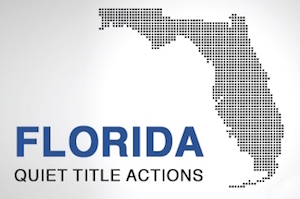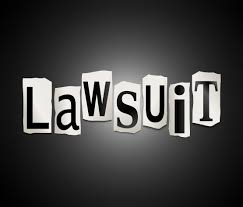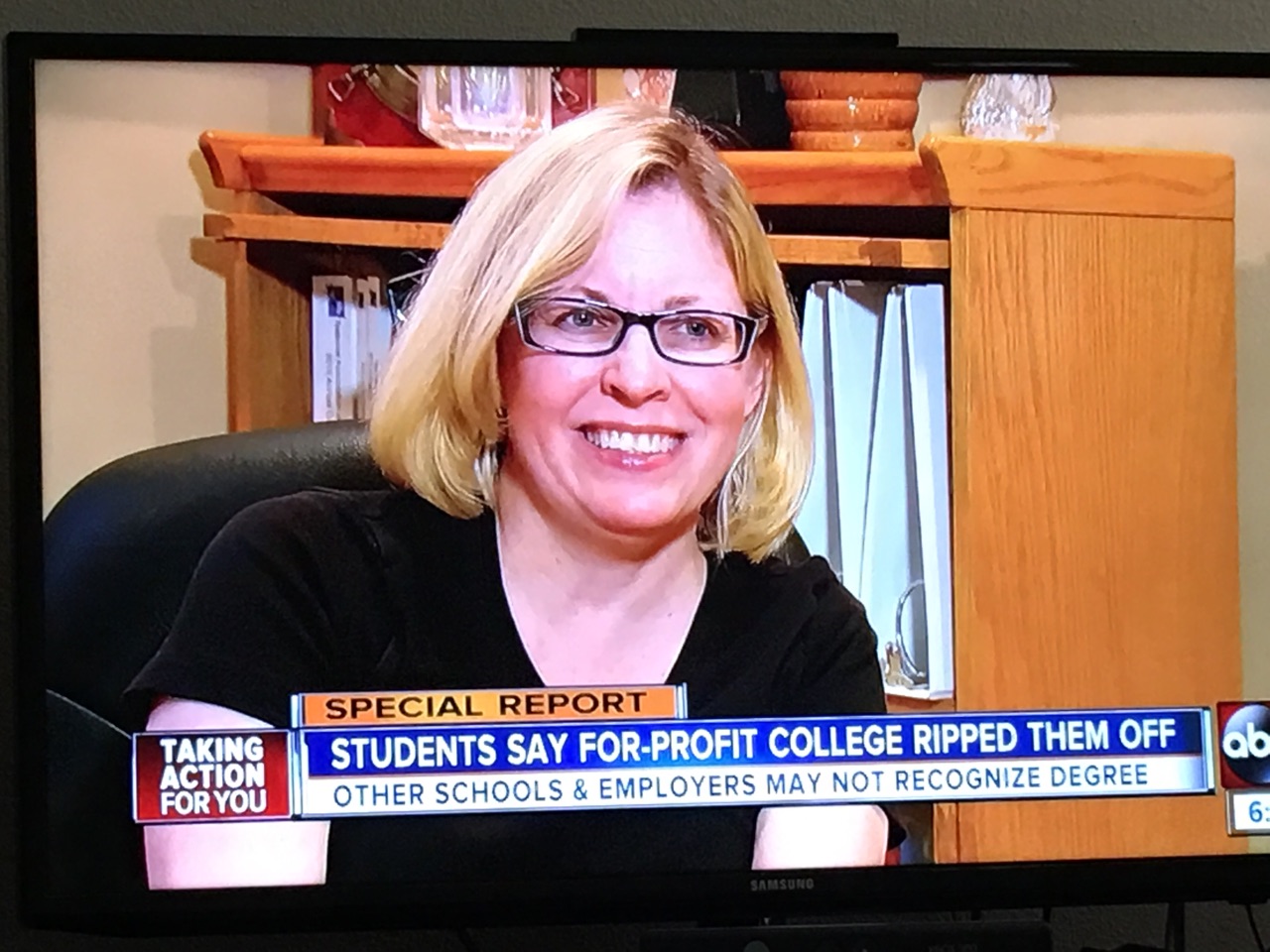
Many of our recent bankruptcy clients report large amounts of business debt. This may be small business loans, credit cards run up to support a small business, or personal guarantees. Often the business is gone at this point and we are looking to file an individual bankruptcy. Filing a bankruptcy for a dissolved business is often an unnecessary and risky expense.
Sometimes our debtor client is married, and their spouse remains unaffected by the bankruptcy. Their marriage alone often provides the basis to protect their personal or real property by using a special exemption called Tenancy by the Entireties. In Florida, our homestead laws are quite broad and serve to protect the home. Most IRAs, SEP IRAs, 401ks and other retirement assets are fully protected as well. If the amount of business debt exceeds the consumer household related debt, our clients do not even have to comply with the rather stringent Means Test imposed by Congress in the bankruptcy reform act passed a few years back.
Business creditors are also often some of the most aggressive. They figure if you once made money, you will again one day. So they sue and obtain a judgment. But if you file bankruptcy at a low point in your life, you truly can start over. You can file bankruptcy whether or not the creditor has already obtained a judgment. It’s discharged all the same.
 Reboot Your Life: Tampa Student Loan and Bankruptcy Attorney Blog
Reboot Your Life: Tampa Student Loan and Bankruptcy Attorney Blog









